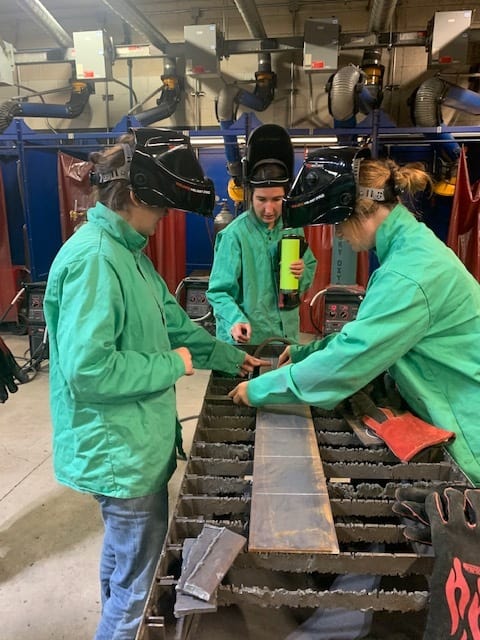and experience needed to succeed in a particular field, and to help them secure a position as an apprentice or entry-level employee.
There are several reasons why pre-apprenticeship programs are important. First and foremost, they provide individuals with the opportunity to explore and learn about different career options in a hands-on, practical manner. Pre-apprenticeship programs often include a combination of classroom instruction and hands-on training, which allows participants to gain real-world experience and develop their skills in a specific field.
In addition to providing practical skills and knowledge, pre-apprenticeship programs also help individuals develop important soft skills, such as problem-solving, communication, and teamwork. These skills are crucial for success in any career, and can help individuals stand out in the job market.
Pre-apprenticeship programs can also provide a stepping stone to higher education. Many pre-apprenticeship programs are affiliated with community colleges or other institutions of higher learning, and may provide credits that can be transferred towards a degree or certificate program. This can be especially beneficial for individuals who are unsure about which career path they want to pursue, as it allows them to explore different options and make an informed decision about their future.
Finally, pre-apprenticeship programs can be a valuable resource for employers, as they provide a pool of well-trained, qualified candidates for apprenticeship or entry-level positions. By participating in a pre-apprenticeship program, individuals demonstrate their commitment and dedication to a particular field, and may be more likely to succeed in an apprenticeship or entry-level role.
Overall, pre-apprenticeship programs are an important resource for individuals who are interested in pursuing a career in a specific trade or industry. By providing practical skills, knowledge, and experience, these programs can help individuals succeed in their chosen field and advance their careers.

